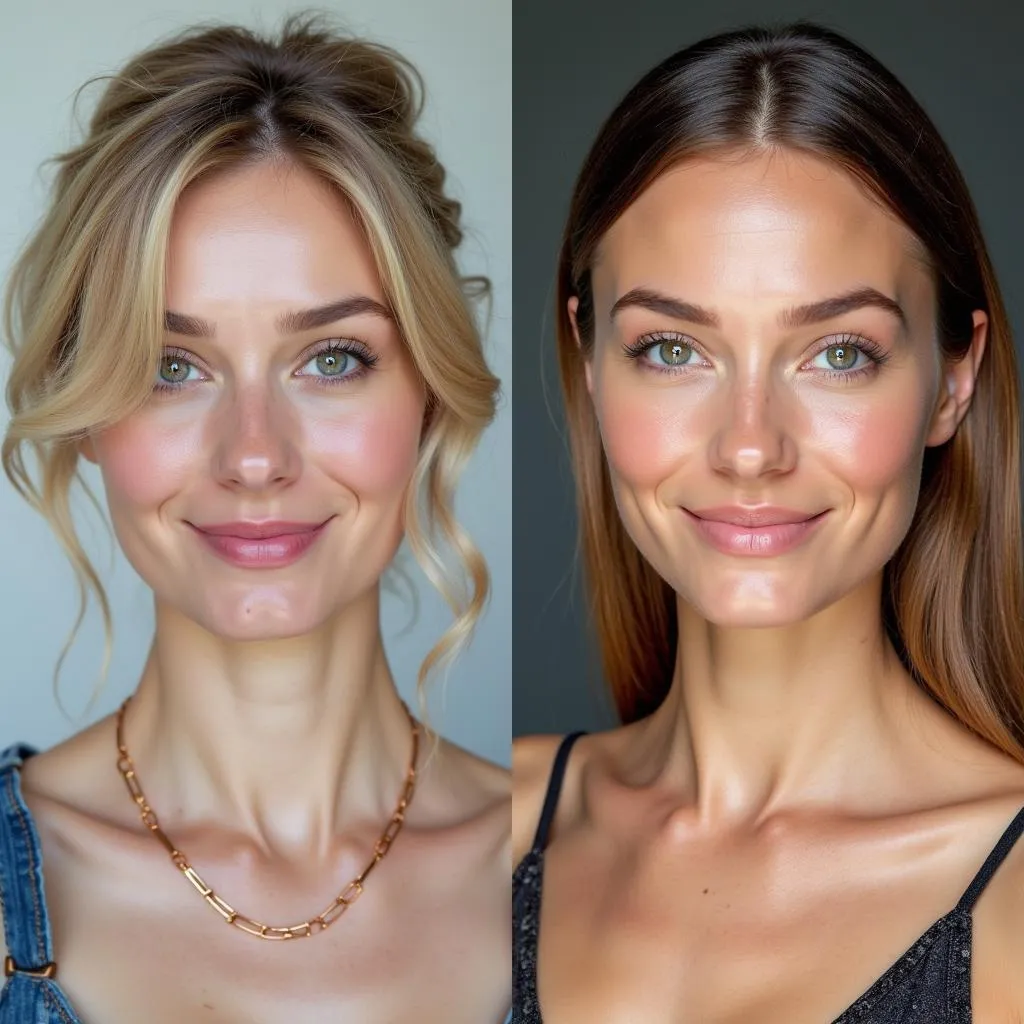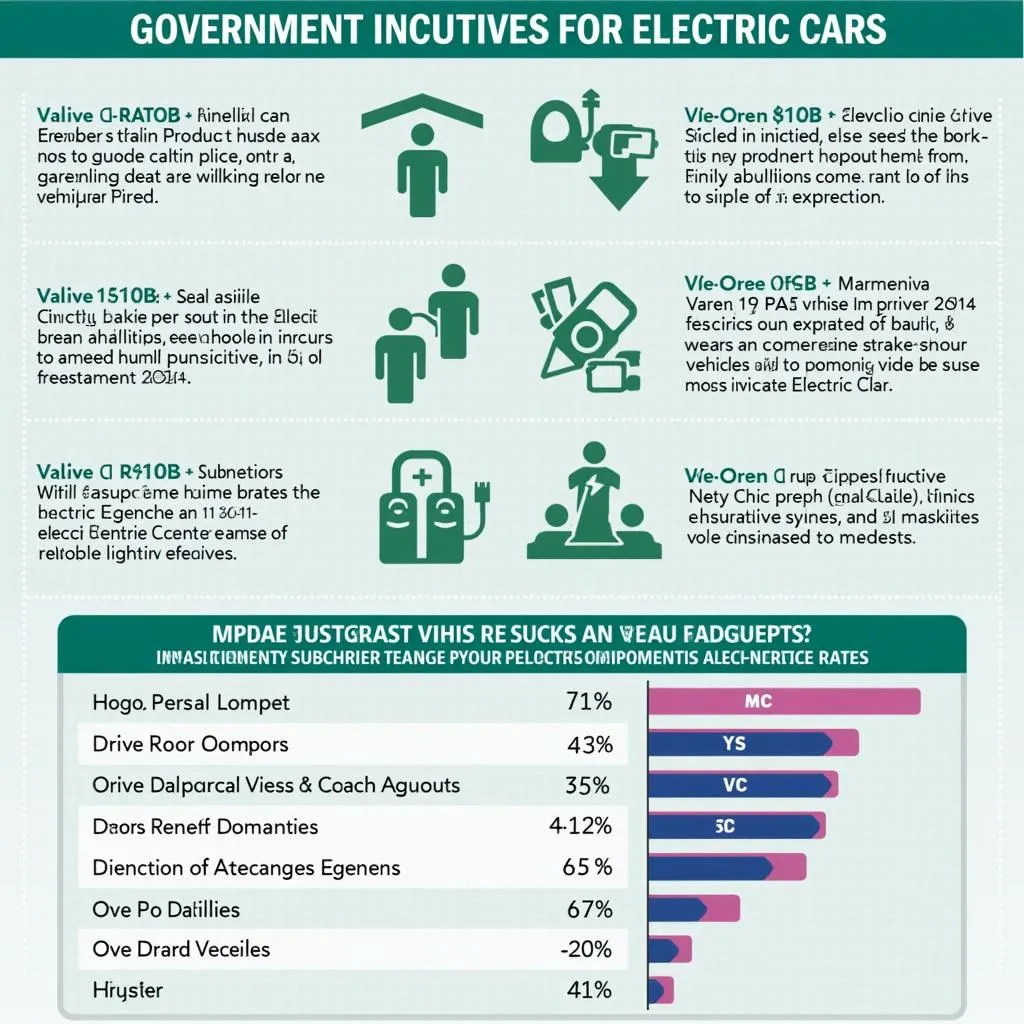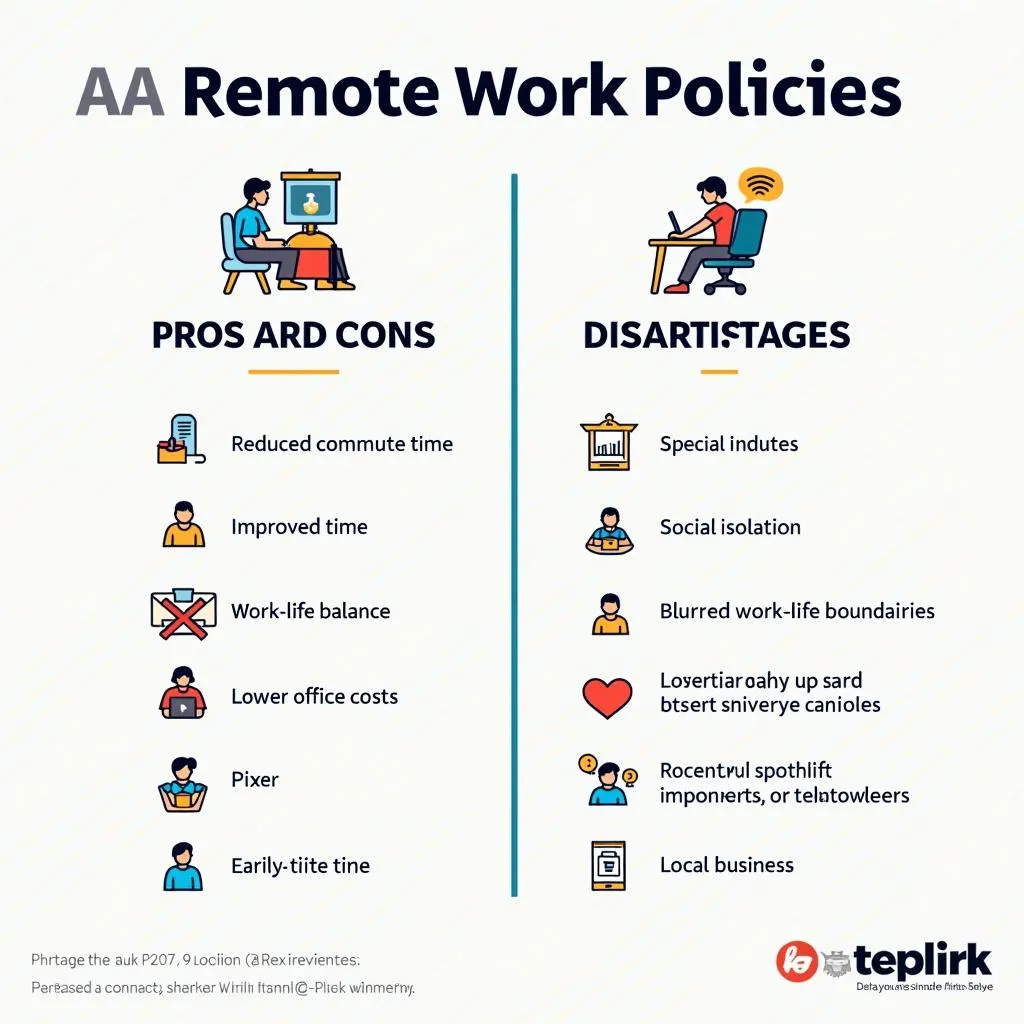The topic of cosmetic surgery advertising regulations is a relevant and increasingly important issue in today’s society. Based on analysis of past IELTS exams and current trends, this subject has a moderate frequency of appearance in Writing Task 2 questions. It’s likely to continue being a topic of interest due to the growing influence of social media and concerns about body image. Let’s examine a recent IELTS Writing Task 2 question on this theme:
Nội dung bài viết
Some people think that there should be stricter regulations on cosmetic surgery advertising. To what extent do you agree or disagree?
Analyzing the Question
This question asks for your opinion on the regulation of cosmetic surgery advertising. Key points to consider:
- The phrase “some people think” indicates that this is a debatable topic.
- “Stricter regulations” suggests that some regulations already exist, but there’s a call for more.
- “To what extent” allows for a nuanced response – you can fully agree, partially agree, or disagree.
- The focus is specifically on advertising, not the practice of cosmetic surgery itself.
Sample Essay 1 (Band 8-9)
In recent years, the prevalence of cosmetic surgery advertisements has sparked debates about their potential impact on society. While some argue for stricter regulations, I firmly believe that more stringent controls on such advertising are necessary for several compelling reasons.
Firstly, unrestricted cosmetic surgery advertising can contribute to unrealistic beauty standards and body image issues. These advertisements often feature digitally enhanced images of “perfect” bodies, which can be particularly harmful to young and impressionable individuals. By implementing stricter regulations, we can help mitigate the negative psychological effects of constant exposure to these idealized images. For instance, requiring advertisers to disclose when images have been digitally altered could promote a more realistic perception of beauty.
Moreover, many cosmetic surgery advertisements downplay the risks associated with surgical procedures. They often emphasize the benefits while glossing over potential complications, leading to uninformed decision-making. Stricter regulations could mandate that advertisements include clear and prominent warnings about the risks involved, similar to those required for pharmaceutical advertisements in many countries. This would ensure that consumers are better informed and can make more balanced decisions about undergoing cosmetic procedures.
Furthermore, the aggressive marketing tactics employed by some cosmetic surgery providers can be predatory, particularly when targeting vulnerable groups such as teenagers or individuals with body dysmorphia. Tighter regulations could prohibit certain marketing practices, such as offering discounts for multiple procedures or using before-and-after photos that may be misleading. By doing so, we can protect consumers from being unduly influenced by manipulative advertising strategies.
However, it is important to strike a balance between regulation and freedom of information. While stricter controls are necessary, they should not completely stifle the ability of legitimate cosmetic surgery providers to advertise their services. The focus should be on ensuring that advertisements are honest, ethical, and do not exploit vulnerabilities.
In conclusion, I strongly agree that there should be stricter regulations on cosmetic surgery advertising. By implementing more rigorous controls, we can help protect public health, promote realistic beauty standards, and ensure that individuals make informed decisions about cosmetic procedures. It is crucial that regulatory bodies work closely with medical professionals and ethical advertisers to develop guidelines that serve the best interests of society while still allowing for the dissemination of valuable information about cosmetic surgery options.
 Stricter regulations on cosmetic surgery advertising
Stricter regulations on cosmetic surgery advertising
Sample Essay 2 (Band 6-7)
The issue of regulating cosmetic surgery advertising is a complex one. While some people believe stricter rules are needed, I partially agree with this view, as there are both advantages and disadvantages to consider.
On one hand, stricter regulations could have some positive effects. Firstly, they might help protect vulnerable people from being influenced by misleading ads. Many cosmetic surgery advertisements show perfect results, which aren’t always realistic. This can make people, especially young ones, feel bad about their appearance. For example, if ads had to show real, unedited photos, it could give a more honest picture of what cosmetic surgery can actually do.
Additionally, tighter rules could make sure that the risks of cosmetic procedures are clearly explained. Some ads only focus on the benefits and don’t mention potential complications. If advertisers had to include detailed risk information, it would help people make more informed choices about whether to have surgery or not.
However, there are also arguments against stricter regulations. One concern is that it might limit people’s access to information about cosmetic surgery options. If advertising becomes too restricted, it could be harder for people to learn about new and potentially helpful procedures. This could be especially problematic for those who might benefit from reconstructive surgery after accidents or illnesses.
Another point to consider is the economic impact. The cosmetic surgery industry is a significant part of many countries’ economies. Very strict advertising rules might lead to job losses and reduced tax revenue if the industry shrinks as a result.
In conclusion, while I believe some additional regulations on cosmetic surgery advertising could be beneficial, it’s important to find a balance. The goal should be to protect consumers without completely stifling the industry. Perhaps a good approach would be to focus on ensuring ads are truthful and include clear risk information, rather than imposing overly restrictive bans on advertising altogether.
 Balancing cosmetic surgery advertising regulations
Balancing cosmetic surgery advertising regulations
Analysis of the Essays
Band 8-9 Essay Analysis
This essay demonstrates excellent writing skills and addresses all parts of the task effectively:
- Task Response: The essay clearly states the writer’s position and provides well-developed reasons for stricter regulations.
- Coherence and Cohesion: Ideas are logically organized with clear progression. Paragraphs are well-linked using cohesive devices.
- Lexical Resource: A wide range of vocabulary is used accurately and appropriately, with some less common words and phrases (e.g., “mitigate,” “predatory,” “body dysmorphia”).
- Grammatical Range and Accuracy: Complex sentence structures are used consistently and accurately. There’s a good mix of complex and simple sentences.
Band 6-7 Essay Analysis
This essay shows good writing skills but has some limitations compared to the higher band essay:
- Task Response: The essay addresses the task, but the arguments are less fully developed than in the Band 8-9 essay.
- Coherence and Cohesion: The essay is generally well-organized, but the links between ideas are sometimes less clear.
- Lexical Resource: There’s a good range of vocabulary, but it’s less sophisticated than in the higher band essay. Some phrases are repetitive (e.g., “stricter regulations”).
- Grammatical Range and Accuracy: The essay uses a mix of simple and complex sentences, but with less variety than the Band 8-9 essay. There are no significant errors, but the structures are less ambitious.
Key Vocabulary to Remember
- Regulations (noun) /ˌreɡjʊˈleɪʃənz/ – official rules or laws about what is allowed or not allowed
- Mitigate (verb) /ˈmɪtɪɡeɪt/ – to make something less harmful, serious, or bad
- Predatory (adjective) /ˈpredətəri/ – seeking to exploit or take advantage of others
- Body dysmorphia (noun) /ˌbɒdi dɪsˈmɔːfiə/ – a mental health condition where a person spends a lot of time worrying about flaws in their appearance
- Stifle (verb) /ˈstaɪfəl/ – to prevent something from happening or developing
- Dissemination (noun) /dɪˌsemɪˈneɪʃən/ – the act of spreading information or knowledge widely
- Vulnerable (adjective) /ˈvʌlnərəbəl/ – able to be easily physically, emotionally, or mentally hurt, influenced, or attacked
- Reconstructive (adjective) /ˌriːkənˈstrʌktɪv/ – relating to surgery that is done to repair or reshape parts of the body
In conclusion, the topic of cosmetic surgery advertising regulations is likely to remain relevant in IELTS Writing Task 2. To prepare, practice writing essays on related themes such as:
- The impact of social media on body image
- Ethical considerations in medical advertising
- The role of government in regulating beauty standards
Remember to structure your essays clearly, use a range of vocabulary and sentence structures, and provide specific examples to support your arguments. Feel free to practice by writing your own essay on this topic and sharing it in the comments section for feedback and discussion.


